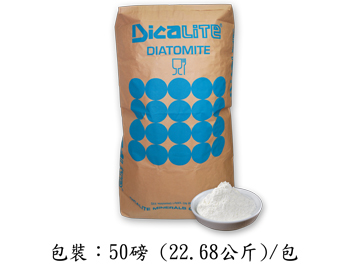Industrial Wastewater Treatment
Diatomaceous Earth for Filtration
Diatomaceous earth, also known as DE or diatomite, is a naturally occurring sedimentary rock that is composed of fossilized diatoms, a type of algae. It has several properties that make it useful in wastewater treatment processes.
It's important to note that the specific application of diatomaceous earth in wastewater treatment may vary depending on the characteristics of the wastewater, the desired treatment goals, and the overall treatment process design. Additionally, proper handling and disposal procedures should be followed to ensure environmental and occupational safety when using diatomaceous earth in industrial wastewater treatment. Some of the industries where DE is commonly used for wastewater treatment include:
It's important to note that the specific application and effectiveness of DE in wastewater treatment may vary depending on the characteristics of the wastewater and the specific treatment goals. Proper handling and disposal procedures should be followed to ensure environmental and occupational safety when using DE in industrial wastewater treatment. |
Natural Zeolite
Zeolites are a group of naturally occurring minerals with a porous structure. They have several properties that make them effective in wastewater treatment processes.
The specific application of natural zeolites in industrial wastewater treatment will depend on the characteristics of the wastewater, the target contaminants, and the desired treatment objectives. Zeolites can be used in various treatment stages, including pre-treatment, adsorption columns, and filtration systems. It's important to consider the compatibility of zeolites with other treatment processes and to ensure proper handling and disposal procedures to maintain environmental and occupational safety. Natural zeolite can be effective in wastewater treatment across various industries. Some of the industries where natural zeolite is commonly used for wastewater treatment include:
It's important to note that the specific application and effectiveness of natural zeolite in wastewater treatment may vary depending on the characteristics of the wastewater and the specific treatment goals. Treatment systems using zeolites should be properly designed and operated to ensure optimal performance. |

